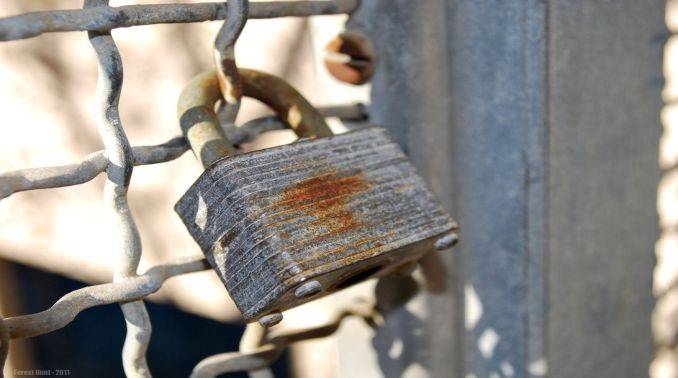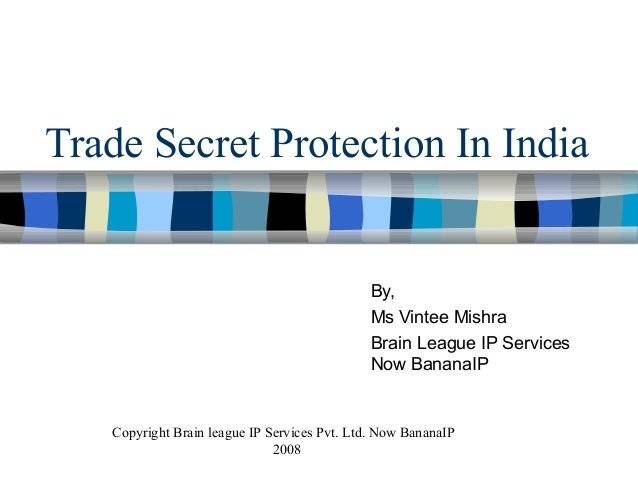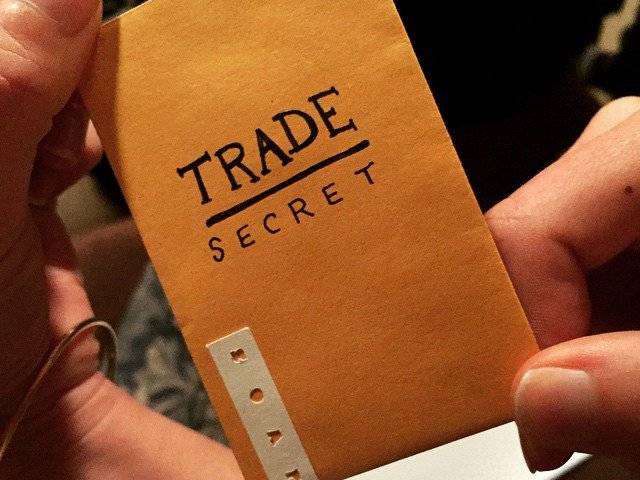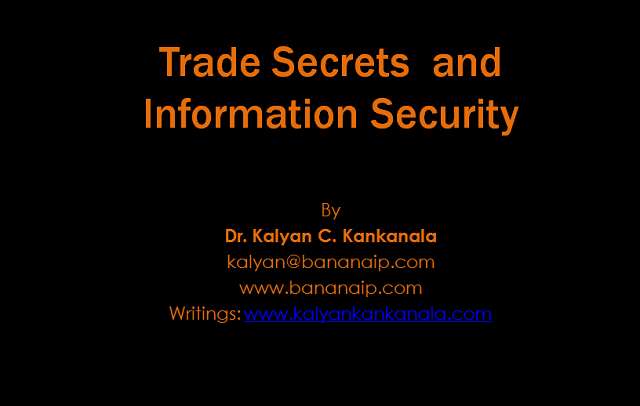This post was published on August 26, 2014.
A recent discussion with a friend made me contemplate the methods companies use to protect a business process. Most companies have processes that help in their smooth daily functioning yielding them their revenue. Since business methods are not patentable in India, there must be a way that these processes can be protected from competitors. Of course there is - Trade Secrets.
A business process forms part of a company’s Confidential Information and can be…










